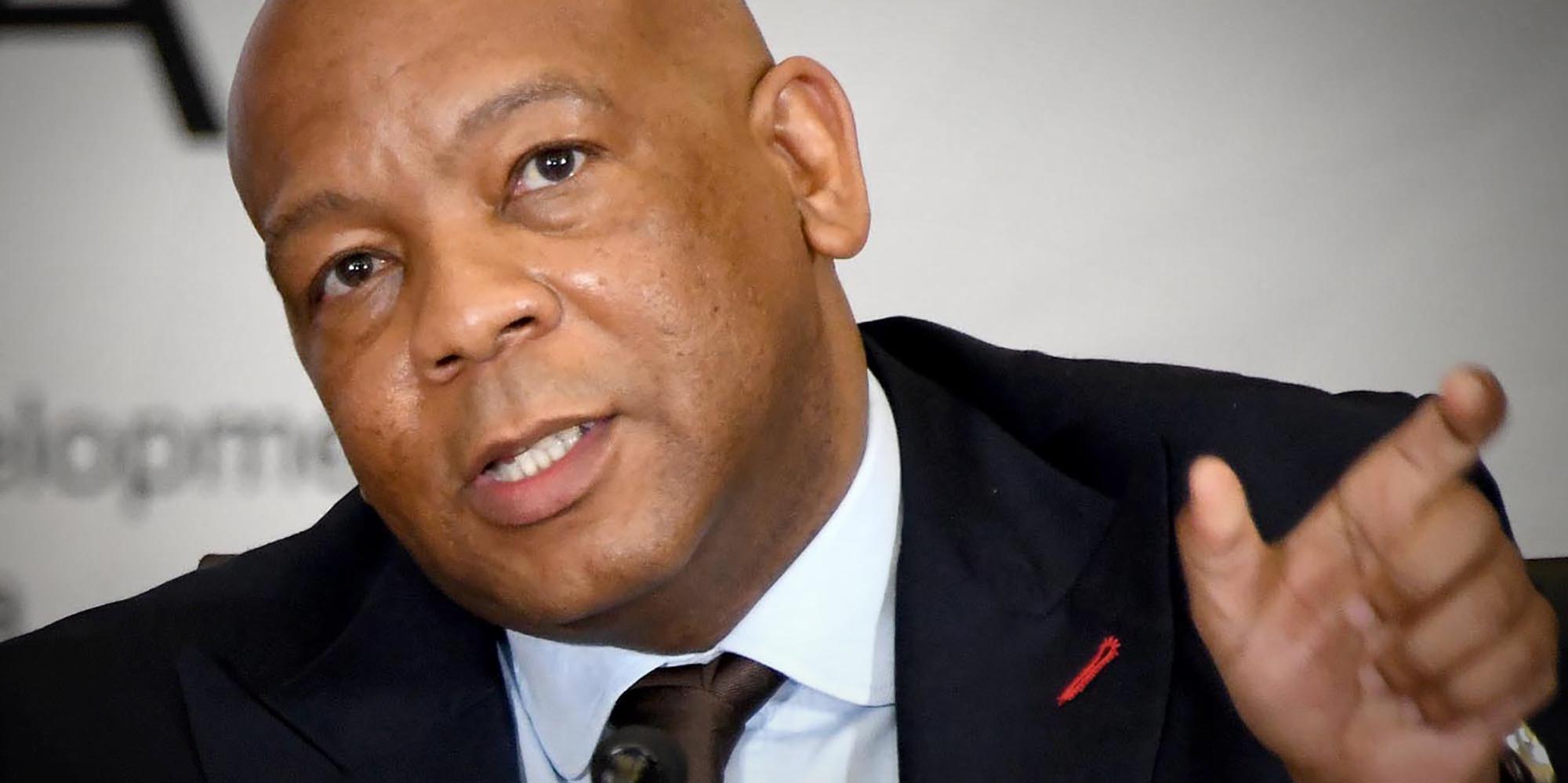Over the past 16 years, the government has targeted infrastructure investments as a key mechanism to grow the struggling economy and get the unemployed back to work.
Through several strategic policy directions – including the Accelerated and Shared Growth Initiative South Africa (AsgiSA), the New Growth Path (NGP), and, more recently, the National Development Plan (NDP) – the government has eyed infrastructure projects led by it and state-owned enterprises. But its success in implementing these policies since 2004, which coincides with its adoption of a developmental state model, has not been resounding.
Now faced with an economic crisis, deteriorating public finances and a jobs bloodbath worsened by the Covid-19 pandemic, the government is getting ready to revive the old policy direction of pumping money into infrastructure projects.
It’s as if a government 2.0 will emerge once the Covid-19 pandemic has run its course – a government that will act with speed in getting infrastructure investments approved instead of hobbling investments through bureaucratic procurement laws.
The difference this time is the government has less money to fund projects in industries such as water, transport, energy, digital technology, human settlements, and agriculture. In 2004, the government’s Budget deficit – which is the shortfall between revenue and expenditure — was 2.3% of gross domestic product (GDP) and debt levels were 34.3% of GDP. Finance Minister Tito Mboweni is expected to unveil a Budget deficit of more than 14% and debt to reach closer to 100% when he presents a Supplementary Budget on Wednesday 24 June in Parliament.
Government is now forced to approach the private sector with a begging bowl to fund infrastructure projects. Funding will be solicited from multilateral development institutions (DFIs) such as the New Development Bank, IMF, and World Bank, development finance institutions such as the state-owned Industrial Development Corporation and the Development Bank of Southern Africa, commercial banks, and asset managers managing pension funds and other asset classes.
Three funding models are being considered by the government for infrastructure projects: full funding from the private sector, blended finance (a mixture of funding from government, banks, asset managers and DFIs), and entirely from the fiscus, which is not feasible as there is no fiscal room to do so.
New promises
Led by President Cyril Ramaphosa, the government has promised to do things differently by involving the private sector more in its processes – from identifying feasible infrastructure projects to breaking ground and completing them.
It’s as if a government 2.0 will emerge once the Covid-19 pandemic has run its course – a government that will act with speed in getting infrastructure investments approved instead of hobbling investments through bureaucratic procurement laws.
This promise was made by Kgosientso Ramokgopa, the head of infrastructure and investment in Ramaphosa’s office.
“We didn’t have a choice but to act fast. Covid-19 imposed the need for infrastructure investments on us. It cannot just be the public and private sector launching infrastructure investments on their own. And we need to work together,” said Ramokgopa on Tuesday 23 June at the inaugural Sustainable Infrastructure Development Symposium of SA (Sidssa), a conference that showcased infrastructure projects to potential financiers and investors.
Ramokgopa has been tasked with coordinating infrastructure projects by creating a pipeline of projects and soliciting funding for them. Making infrastructure projects bankable and returning them to government departments, municipalities, and state-owned enterprises once they are completed is also part of his job.
Over the past six months, Ramokgopa has met private sector funders to build a pipeline of projects and raise funding. Of the 276 potential infrastructure projects identified, 88 have been considered as feasible and are ready for investment. He said the government has to move fast because the private sector “thrives on the existence of a credible project pipeline and they can invest and scale up immediately”.
Declining investments
Since 2016, the government has cut the spending on infrastructure to redirect money to fee-free higher education and to offset low revenue collection. Ramokgopa said SA’s gross fixed capital formation – a measure of investments including new infrastructure projects – should currently be 30% of GDP but is about 16%. Infrastructure investments have been affected over many years by corruption, neglect, and the lack of will to implement policy objectives.
Said Magda Wierzycka, the CEO of asset management firm Sygnia: “We don’t lack creative thinking but the delivery and implementation mechanism is missing. The government needs to hurry up [on infrastructure investments]. The private sector has been asking the public sector to hurry up over the past 20 years.”
By nature, infrastructure investments are big and usually take time to get from conception to the stage of being shovel ready.
But there are easy wins that the government could work on over the next six months, said Wierzycka. These include drafting an agreement with the private sector on how to solve the energy problem in SA by opening new infrastructure investments in the renewable energy sector. BM/DM





